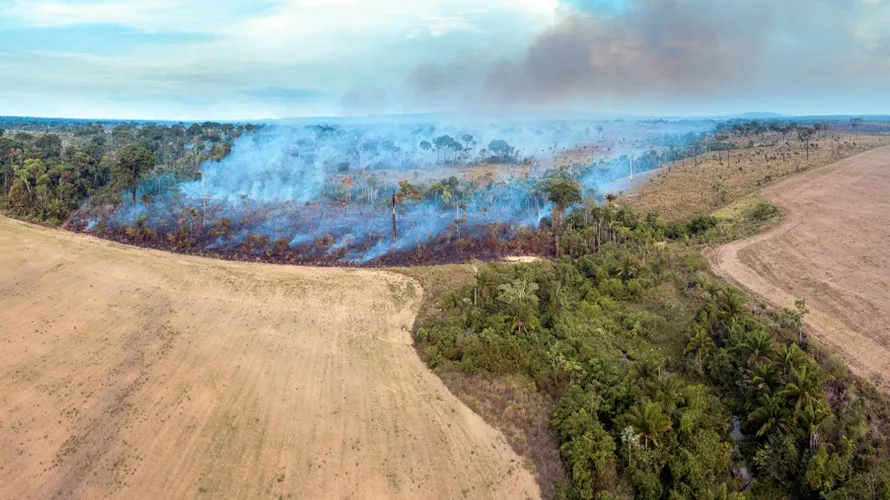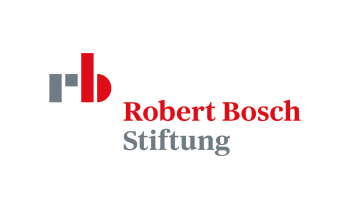EU Regulation on deforestation-free products

Foto: shutterstock.com | PARALAXIS
On 17 November 2021, the EU published a legislative proposal for a Regulation on deforestation-free products. The proposal aims to reduce deforestation by setting targets for commodities linked to a high risk of deforestation, such as soy, beef, palm oil or coffee.
Before placing these products on the EU market or exporting them from the EU, operators and large traders would face certain requirements. The proposed regulation makes them responsible for carrying out comprehensive, effective and continuous due diligence to prove that their products are not linked to deforestation or forest degradation. Further, it asks operators to disclose information about their supply chains and report on their measures to avoid deforestation.
On 28 June 2022, the Environmental Ministers of the EU Member States presented their position on the Commission’s proposal at the Environmental Council’s Meeting. They have narrowed down the types of forests and ecosystems that would be included in this regulation, which leaves other important carbon stores and habitats unprotected. A further serious gap in the regulation is opened by the Council’s amendment that requires companies producing for the EU market to comply with the laws of the producing country. For example in Brazil, where laws protecting environmental and Indigenous rights are being dismantled, products exported to the EU are not guaranteed to have been produced according to international human rights.
On 12 July 2022, the EU Parliament's Committee on the Environment, Public Health and Food Safety (ENVI Committee) has voted by a large majority on ammendments that would strengthen the regulation. They foresee a regulation that includes more commodities (notably pigmeat, poultry, maize and rubber) and stronger protection for human rights and the rights of Indigenous people.
Trilogue proceedings finalising the EU Regulation on deforestation-free products will start in autumn.
News and Publications
Zurzeit gibt es keine Inhalte.



